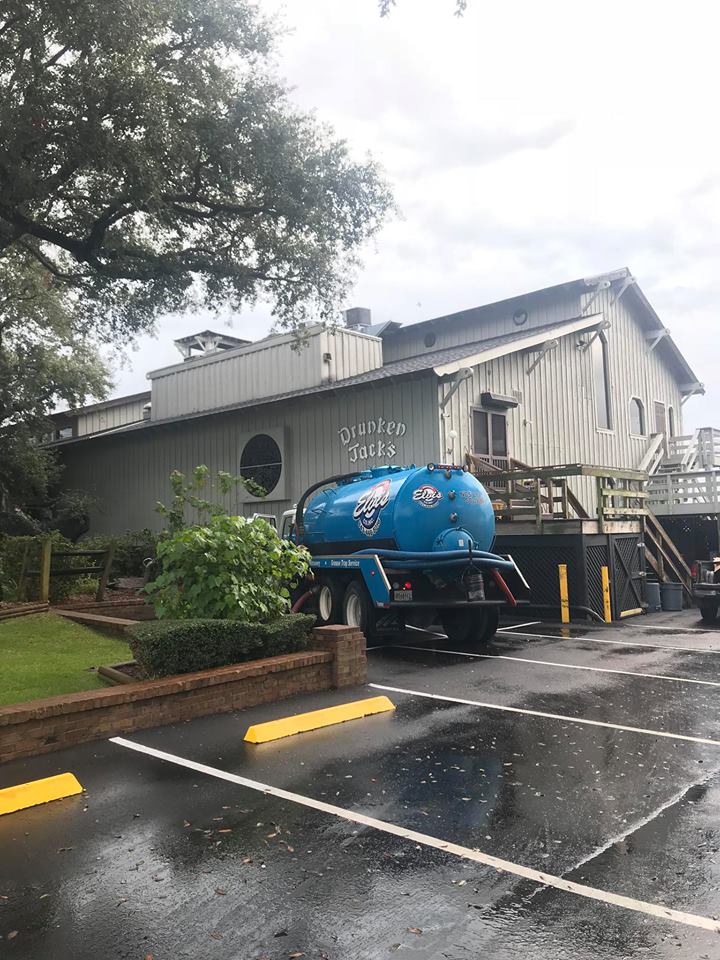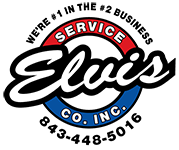
14 Dec How To Handle A Grease Trap Clog
How To Handle A Grease Trap Clog
A clogged grease trap can quickly derail your restaurant. Without a functioning grease trap, the kitchen can’t operate. Prevention is the best remedy for a clogged trap, but we know not all problems can be avoided.
As a restaurant owner or manager, your first step is to call a Myrtle Beach grease trap cleaning company. Attempting to handle the clog on your own could just make the situation worse. Warming the grease trap will only create a larger clog further down the pipe. Solve the problem by having grease trap cleaners remove the mess entirely.
Check the grease trap
If the restaurant grease trap has recently been serviced, check the trap for a foreign object that may have become lodged. If there’s no visible obstruction, leave the repair to the professionals.
Grease trap clogs are most often caused by a lack of routine maintenance. It’s a messy job, and one that most restaurants outsource to a local grease trap service provider. A grease trap is designed to separate oils and fats from other wastes. The trap lets drained liquids settle, and the grease separates to the top. Water and other liquids can travel down the drain without creating a clog. The trap then holds the grease until it is manually emptied. Without routine grease trap service, the unit will become clogged and create major plumbing problems.
What NOT to do with grease trap clog
A grease trap does not work like residential plumbing. Remedies that you may try with a clogged drain, will not work with a grease trap. Call the professionals and avoid these efforts:
- Do NOT warm the grease trap
- Do NOT attempt to empty yourself
- Do NOT stick an object in the trap to loosen the clog
- Do NOT use commercial drain cleaner
- Do NOT continue to use your kitchen facilities
Relying on professional grease trap service providers to handle the job is the safest, most dependable way to have the trap cleaned.
Avoid grease trap clog
Once the clog is removed, your best operational move is to avoid it from happening again. Regular grease trap cleaning is the best way to avoid a clog. Continuous kitchen operation without servicing the grease trap creates a hazardous work situation for your crew and could severely damage your plumbing. In some cases, the excess waste could even harm the local water flow, creating fines for your business. At a minimum, you should have the grease trap cleaned every three months, but many eateries have theirs cleaned monthly.
Common signs it’s time for a grease trap cleaning:
- Water slow to drain from sink or floor drain
- Strong odor of burned grease or oil
- You don’t recycle your cooking oil
- Grease begins to appear in other plumbing lines
Avoid having to close your business for days because of a grease trap clog. Have the unit inspected and emptied regularly to ensure it’s clearing out waste in the proper way. When’s the last time you had your grease trap cleaned? Elvis Service Company can help.


Sorry, the comment form is closed at this time.